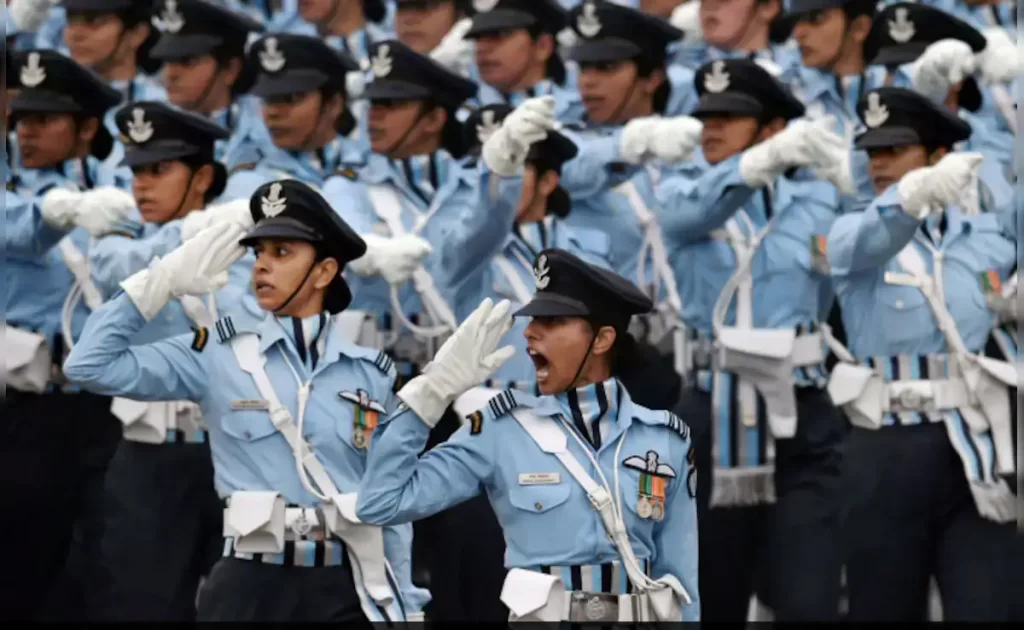Jahanvi Agarwal
Recently, the Supreme Court emphasized the role of the judiciary in leading the nation forward, particularly in addressing issues of gender equality and fair treatment of women officers in the armed forces.
A recent case involving Priyanka Tyagi, a former Short Service Commission Officer discharged in 2021, highlighted the need to end discrimination and ensure equal opportunities for women in the Indian Coast Guard (ICG).
During the court proceedings, the bench, led by Chief Justice D Y Chandrachud along with Justices JB Pardiwala and Manoj Misra, criticized the ICG’s resistance towards granting permanent commission to its women officers, drawing parallels with the earlier landmark judgments that expanded opportunities for women in the Indian Army, Air Force, and Navy.
Expressing dissatisfaction with the treatment of women officers, the bench directed the ICG to re-induct Priyanka Tyagi into her former position and assign her a significant posting aligned with her qualifications. Additionally, the court transferred the case from the Delhi High Court to the Supreme Court for further review.
The Attorney General, R Venkataramani, acknowledged the importance of gender equality but highlighted challenges in adapting the ICG’s recruitment rules and institutional transitions. The Chief Justice emphasized the need for progressive policies, stating, “Women cannot be left out. If you do not do it, we will do it.”
In response, the ICG expressed its commitment to incrementally inducting more women officers but cited existing recruitment rules that limited Short Service Commission Officers from seeking permanent commissions. The Supreme Court, however, emphasized the importance of inclusivity and fairness, urging the Coast Guard to develop a policy that treats women officers equitably.
The court’s stance underscores a broader effort to promote gender equality and uphold fundamental rights within the armed forces, emphasizing the judiciary’s role as a champion of societal progress and inclusion.

